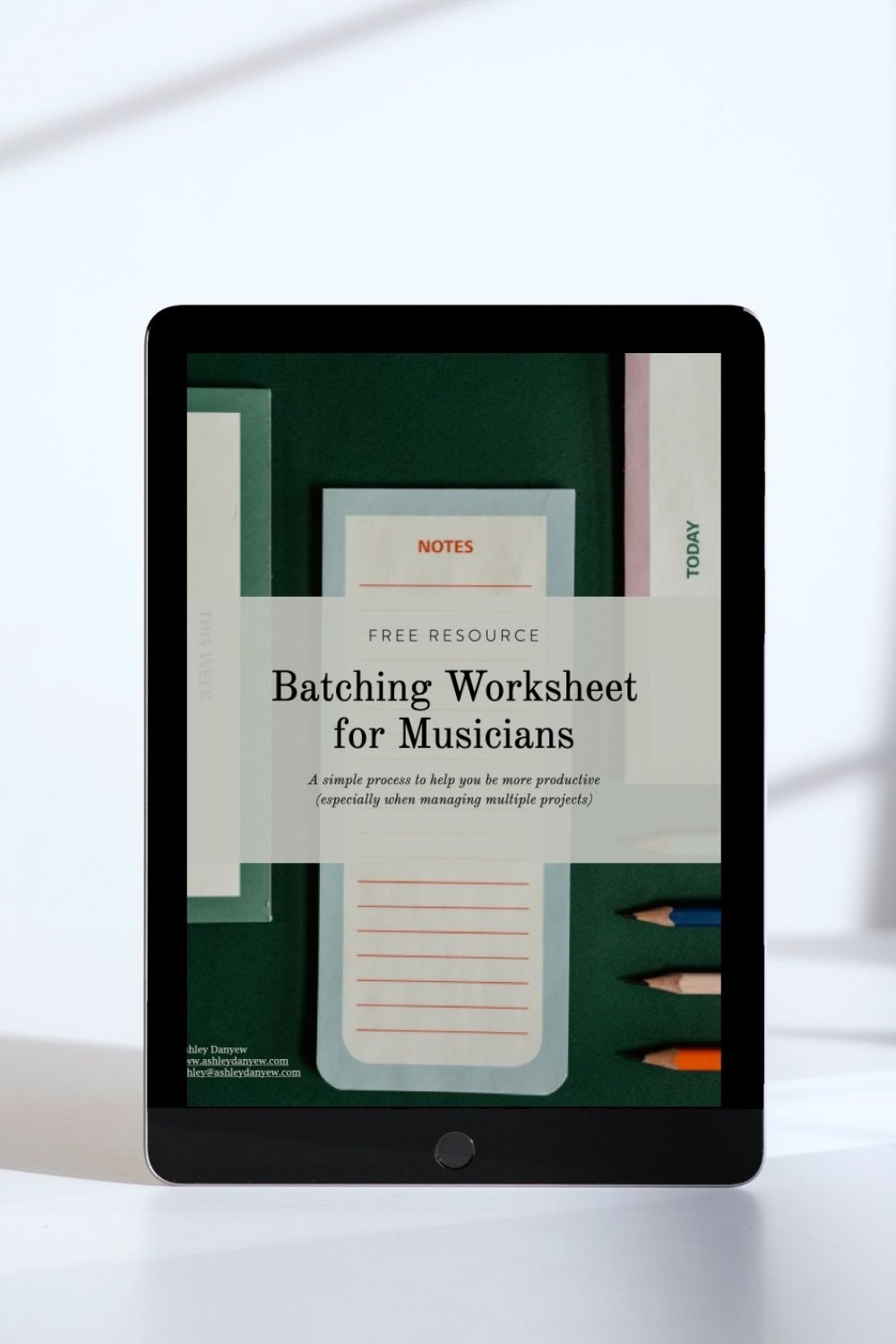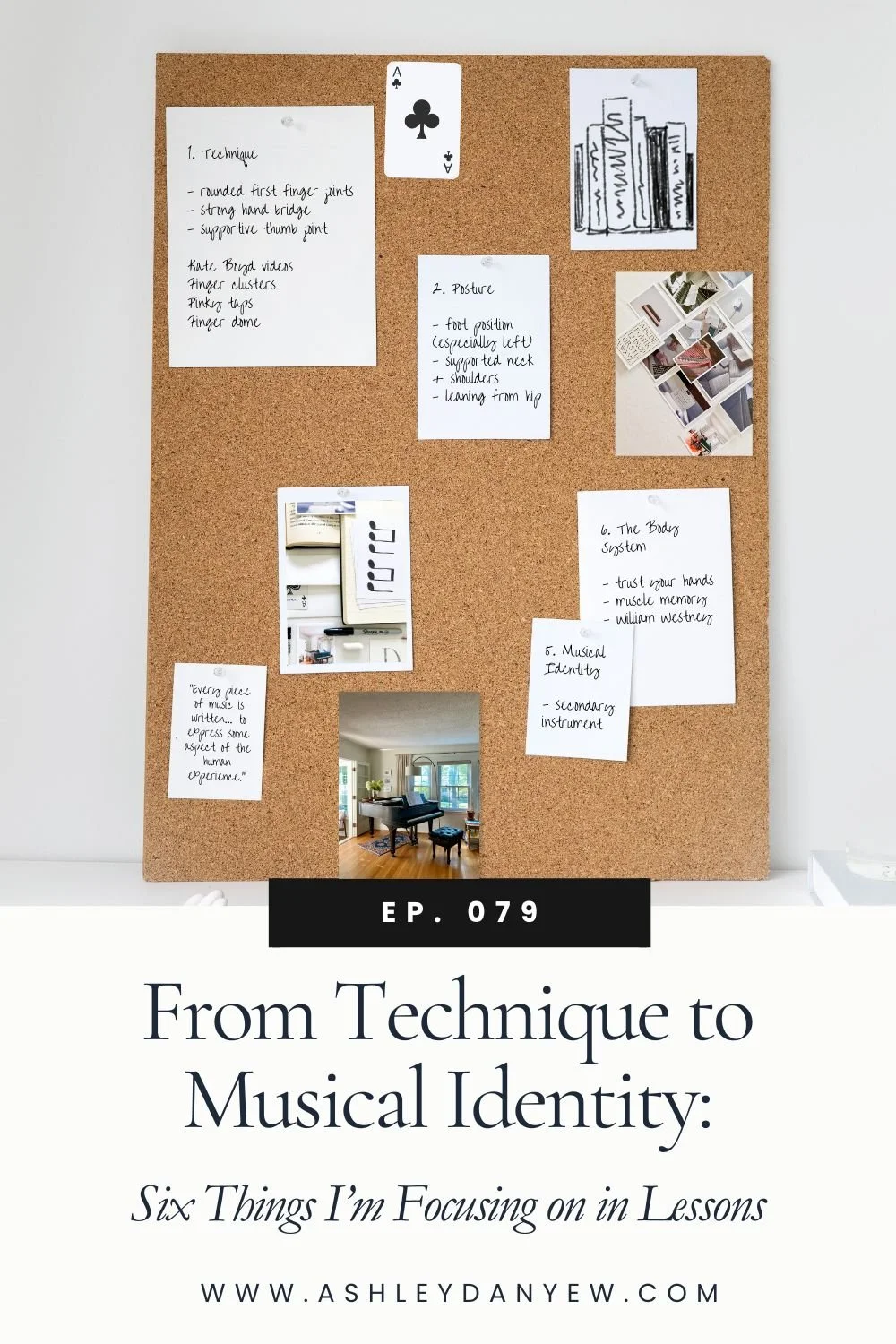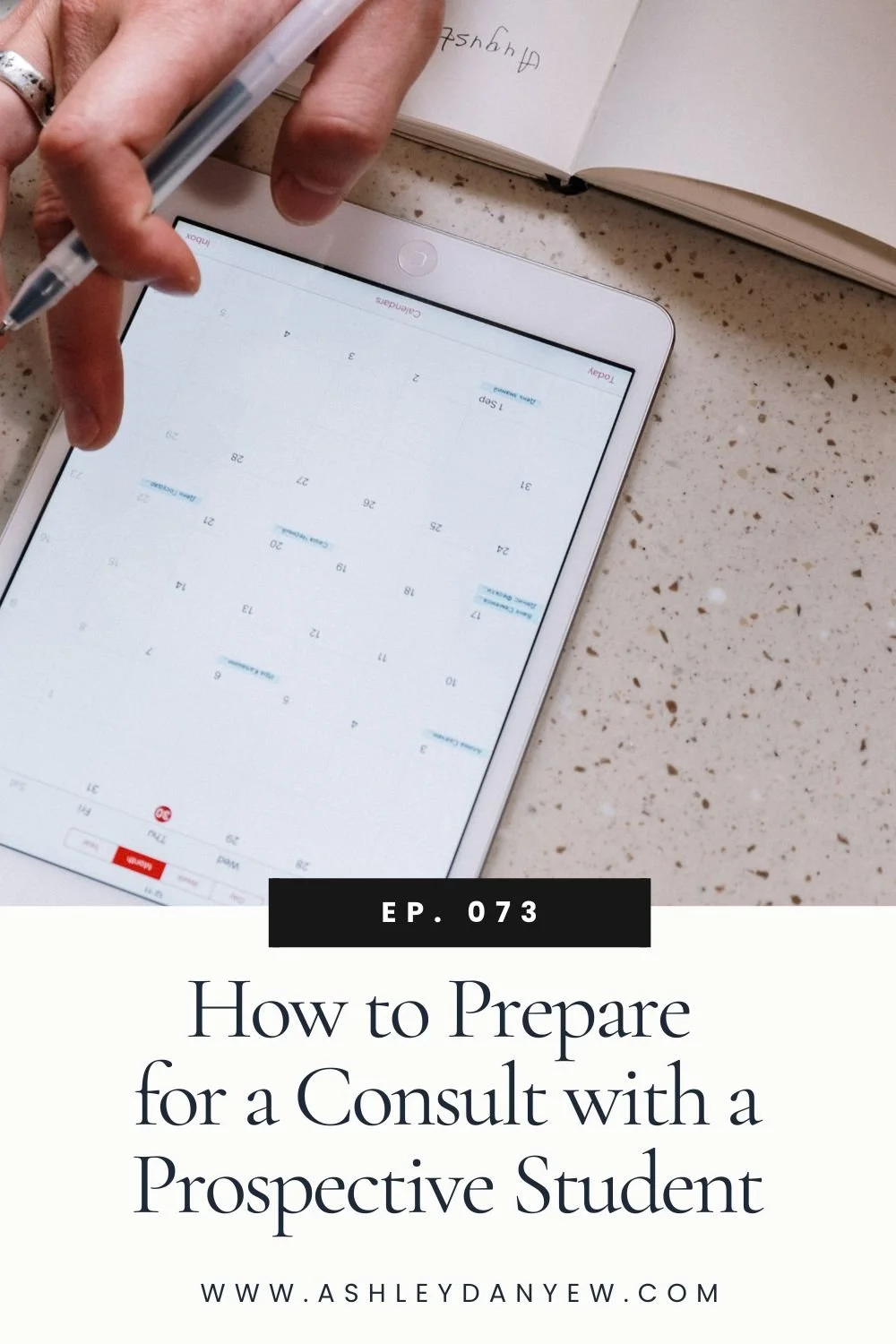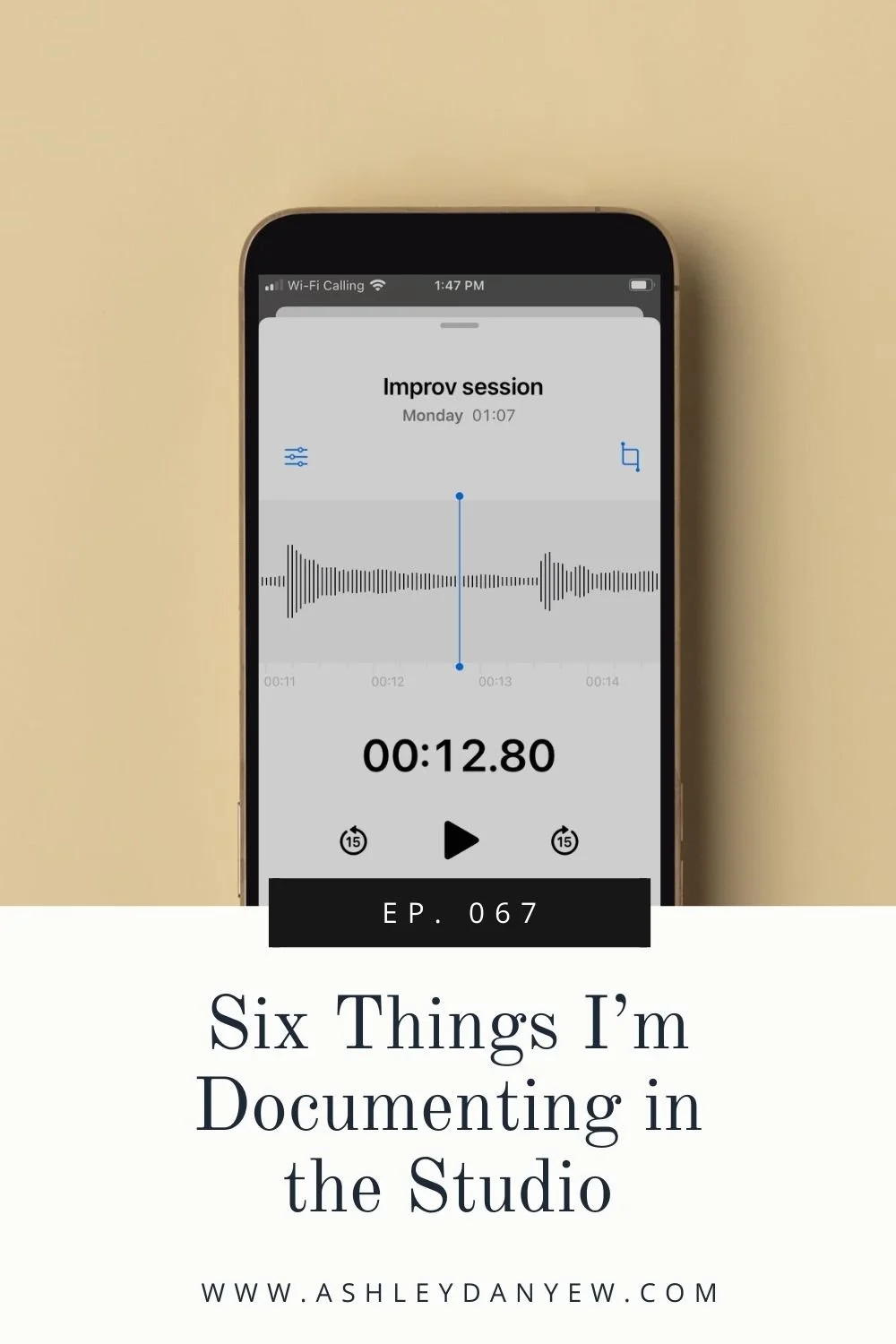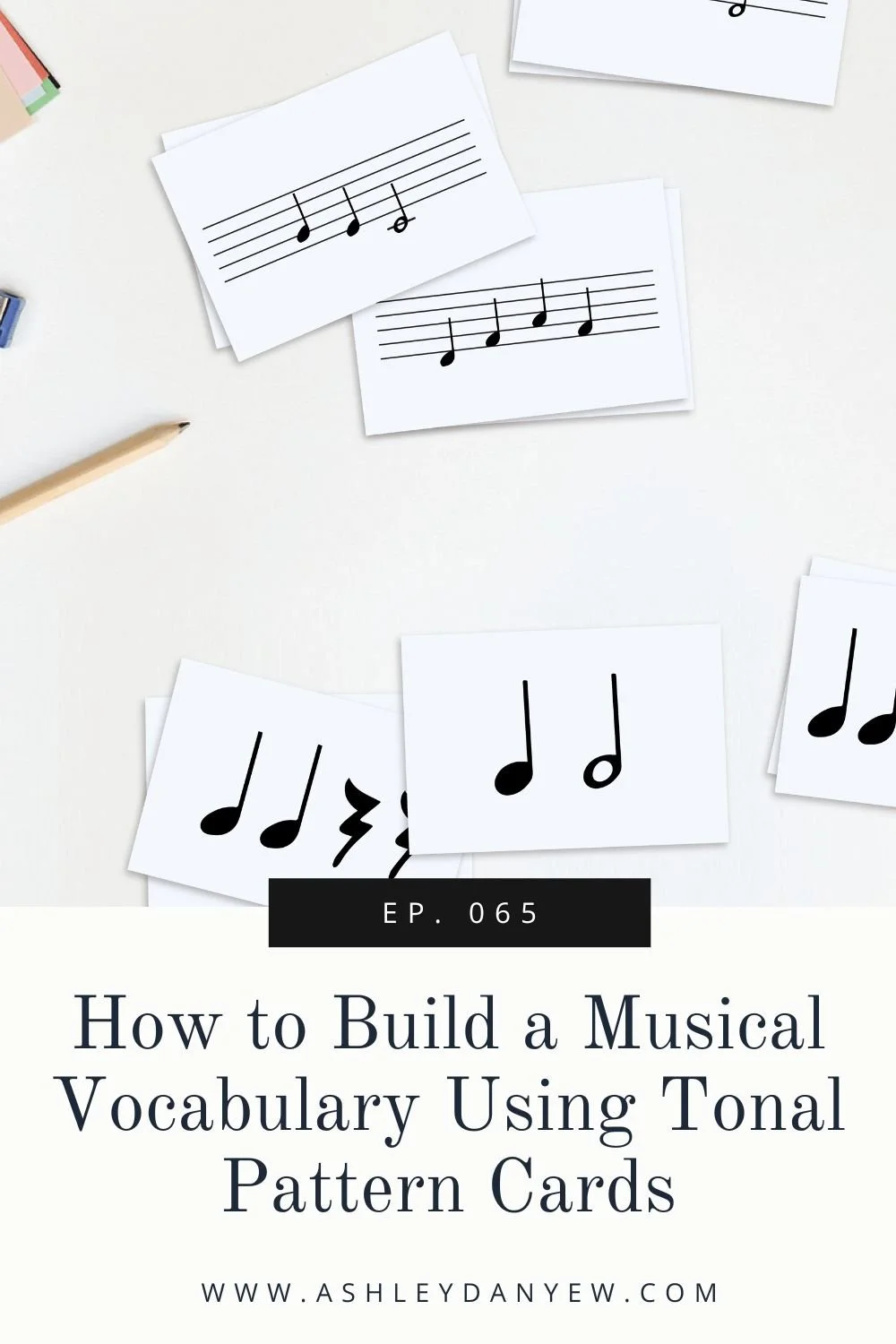Resources Mentioned
*Disclosure: I get commissions for purchases made through links in this post.
Burnout: Unlocking the Stress Cycle (Emily Nagoski, Ph.D., Amelia Nagoski, D.M.A)
Overwhelmed? 8 Ways to Overcome It (Think Simple Now)
Simply Tuesday: Small-Moment Living in a Fast-Moving World (Emily P. Freeman)
Researchers suggest that twenty to thirty percent of teachers in America have moderately high to high levels of burnout (source). Maybe you know the feeling:
Tired, mentally and emotionally.
Distracted and uninspired.
Going through the motions.
Trouble making decisions.
These are warning signs.
I read a really interesting book earlier this year called (appropriately enough) Burnout: The Secret to Unlocking the Stress Cycle. It's written by twin sisters Emily Nagoski, a health educator and researcher, and Amelia Nagoski, a choral conductor.
In the book, they write that Herbert Freudenberger first coined the word burnout as a technical term in 1975. Three components defined it:
Emotional exhaustion—the fatigue that comes from caring too much, for too long;
Depersonalization—the depletion of empathy, caring, and compassion; and
Decreased sense of accomplishment—an unconquerable sense of futility: feeling that nothing you do makes any difference.
Why does this happen? Why do we get burnt out and is there anything we can do about it? Today, I'm sharing five practical things you can do when you feel stressed or burnt out plus a few of my go-to resources.
What Causes Stress?
In an article on Think Simple Now, Tina Su outlines six common reasons why we get stressed and overwhelmed.
Here's the short version:
Expectation: setting high standards for ourselves (or trying to live up to the expectations of others) and aiming to produce a certain outcome.
Taking on too much. That one is pretty self-explanatory, right?
Putting pressure on ourselves to get more done, often through self-criticism or negative self-talk.
Perfectionist tendencies. Again, this is sometimes an impossible standard of living.
Wanting to feel in control. Usually, this comes with an unwillingness to delegate and let things go.
Overachieving. Sometimes we wear this like a badge of courage, don't we? It makes us feel powerful or important or just really on top of things. But the truth is, it's not sustainable. And eventually, it leads to overwhelm and burnout.
Do any of these resonate with you? I can relate to at least three of them right now.
When I start to feel overwhelmed, I'm learning to stop and ask myself these questions:
Am I saying “yes” to too many things?
Am I unable or unwilling to relinquish control of something or ask for help?
Am I pursuing the cheap thrill of achievement and productivity?
Can I live up to my own expectations?
These are hard questions to ask; but understanding how we got here is important to learning how to overcome burnout, now and in the future.
One thing I’m learning is that sometimes, it’s not about being more efficient or productive (though those overachieving, perfectionist tendencies are strong!); sometimes, it’s about doing less.
The Six-Foot Assignment
In her book, Simply Tuesday: Small-Moment Living in a Fast-Moving World, Emily P. Freeman talks about the six-foot assignment, one of my favorite analogies.
She describes observing lifeguards at a large indoor swimming pool, each one tasked with managing a six-foot section of the pool. They paced back and forth, always keeping an eye on the water and the swimmers that crossed into their section.
No one took on responsibility for more than six feet; no one worried about whether the lifeguard next to them was doing their job. Each person covered their area, working together to take responsibility for the whole pool. Everyone had a part to play.
Here’s the thing:
It’s easy to tell ourselves we can do it all, be it all, and have it all. Society tells us that. Our friends tell us that.
But, doing it all, being it all, and having it all comes with a lot of responsibility (and a lot of stress). Why do we feel the need to take all that on? And what are we taking away from others in the process? Going back to that six-foot assignment analogy, whose job are we taking away by trying to cover 12 feet or 18 feet of the pool? When I get caught up in what other people are doing, Steve likes to remind me, "It's not your problem to solve."
It's not my six-foot assignment. And that's so freeing. It's about doing less, knowing our limits, and keeping things in perspective.
With that, I made a quick list of five strategies I use when I'm feeling overwhelmed.
5 Strategies for Dealing with Burnout
No. 1 - Prioritize
Sometimes, we feel overwhelmed because we don’t know where to start.
Think about the things on your to-do list and ask yourself: What really needs to get done? What is most important today? Number them and put your list in rank order. Start at the top and work your way down. If something remains on your list for more than 4-5 days, reevaluate whether or not it needs to be done now or if you could move it to a more long-term list.
My favorite tools for keeping track of things are Evernote and Milanote for planning content and organizing repertoire and assessments; and the Notes app for daily and weekly tasks.
Related post: How to Use Milanote As a Music Educator
No. 2 - Delegate
This starts with some big-picture thinking and reflection. What do you really care about? What are you most passionate about? Are there things on your plate that could (and/or should) be done by someone else? If so, equip and empower those people to be leaders and take responsibility for their six-foot assignments.
Delegate, share responsibility, or collaborate instead of taking on the full weight of responsibility yourself.
No. 3 - Exercise
I have a confession to make: I was never really that into exercise (beyond our daily dog walks and the occasional hike or ski day), but since the pandemic, I've learned to recognize the value of daily exercise not just for physical health and strengthening, but also for my mental health.
If I'm feeling stressed or burnt out, 20 minutes of exercise and a glass of water almost always makes me feel better. And it doesn't have to be cardio or HIIT or kickboxing. Taking a few minutes out of your day to go for a walk is my solution to many of life's problems. Have a big decision looming over your head? Go for a walk. Feeling frustrated about a work situation? Go for a walk. Feeling distracted or foggy? Go for a walk.
Basically, exercise or movement of some kind communicates to your body that it's okay to move from a stressed state to a relaxed state.
Emily and Amelia Nagoski describe this as "completing the stress cycle." They write:
"Physical activity is what tells your brain you have successfully survived the threat and now your body is a safe place to live. Physical activity is the single most efficient strategy for completing the stress response cycle."
Basically, we're all going to experience stress in our day, but making sure you move through that, that you complete the body's natural stress response cycle, and return to a state of rest is so important.
I love the FitOn app for quick at-home workouts. And don't underestimate the power of a kickboxing routine when you're feeling frustrated. It's a great stress reliever! I also love a good barre class and often plan this for my long teaching days.
No. 4 - Close tabs
If you're at your desk right now, how many tabs do you have open in your Internet browser? (Okay, I'll play, too. Twelve! I just stopped to count.)
Having multiple tabs open at once means you’re probably trying to work on multiple projects at once. (Guilty.) No one is good at multitasking, so at best, you’re reminded of all the projects you're working on right now and at worst, you’re spinning yourself around in a circle trying to touch each project and take steps forward.
Instead, try to structure your day so that you have designated blocks of time to work on different projects, and be diligent about closing tabs that aren’t relevant or don’t need to be open right now. This goes for mental “tabs,” too. Jot down any notes, reminders, or ideas, and put them away for a while.
Make the most of your time.
A simple process to help you be more productive, especially when managing multiple projects! Read more in this post. This three-page printable includes a project task page, batching worksheet, and daily schedule for time-blocking.
P.S. Looking for more music career resources? Take a look at my other website and blog, Musician & Co.
No. 5 - Create
Creative expression is an evidence-based strategy for releasing stress (source). Find something creative to do, whether that's playing your instrument for fun for 15 minutes, drawing or painting, making a batch of biscuits or cookies, or working with modeling clay. It doesn't have to be a big investment of time, but I think you'll find a renewed sense of energy and enthusiasm when you return to work.
I hope these help you feel a little more grounded today and a little more in control of your time and energy this week.
I'd love to hear from you:
How do you manage stress and burnout in your teaching and performance work? What strategies help you complete the stress cycle?



